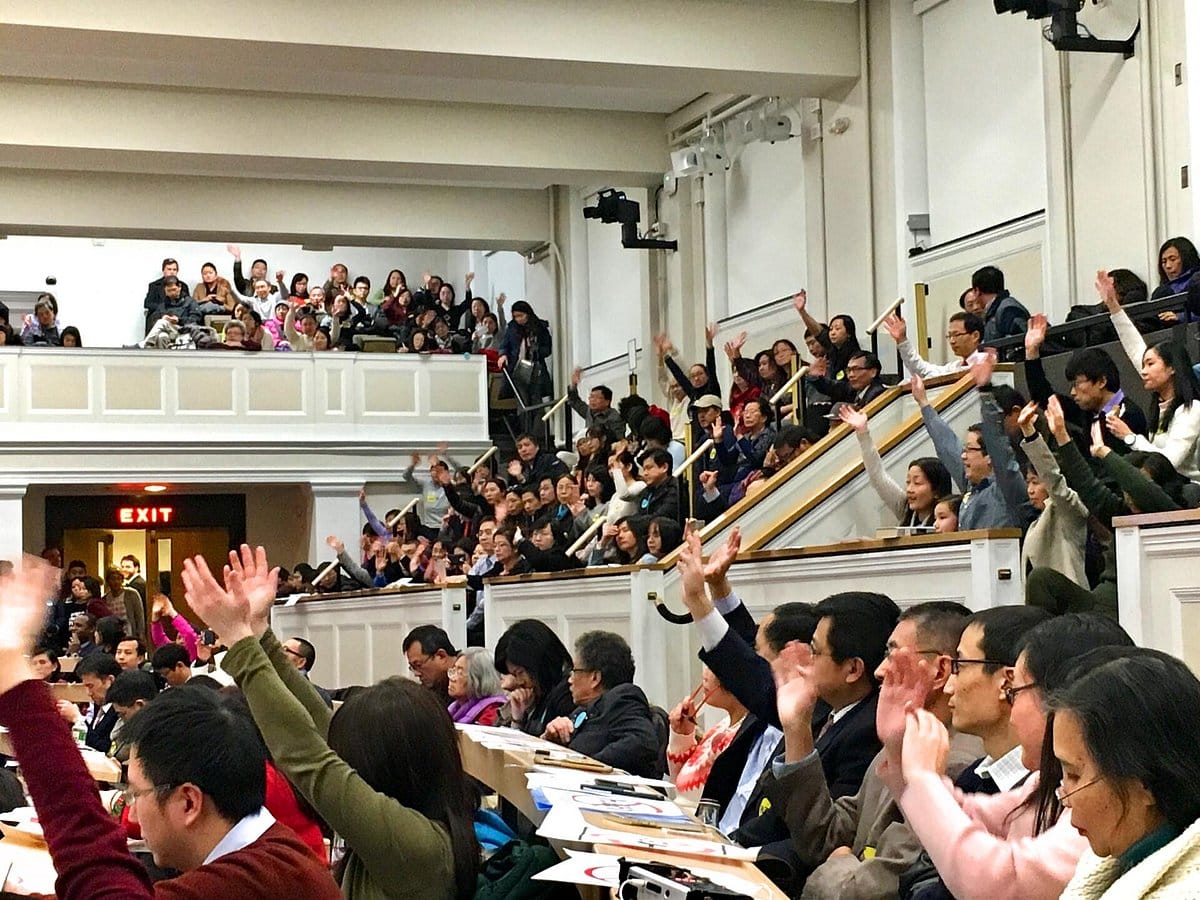Asian-American Data Collection Proposal Roils Massachusetts Residents

BOSTON — Massachusetts lawmakers considering a bill that would direct state agencies to demand more specific nation-of-origin information from Asian-Americans will be running afoul of the United States Constitution's Equal Protection clause, opponents of the proposal tell New Boston Post.
State Representative Tackey Chan's (D-Quincy) legislation calls for "all state agencies, quasi-state agencies, entities created by state statute and sub-divisions of state agencies" to "identify Asian-American and Pacific Islanders as defined by the United States Census Bureau in all data collected," in addition to gathering personal data on "the five largest Asian-American and Pacific Islander ethnic groups residing in the commonwealth."

